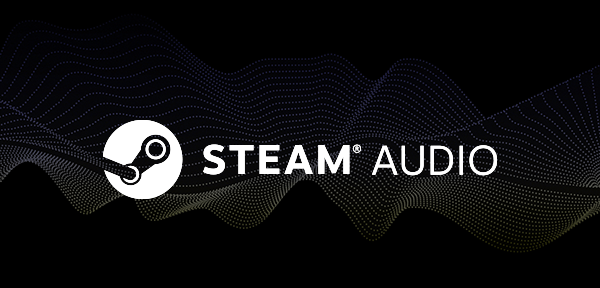
Every hopeful gaming thread on the Internet has at least one person making this kind of guess: Valve Software will one day drop its next major project as a previously unannounced, out-of-nowhere surprise for immediate download. And it'll do it for free, just for funsies.
Valve did exactly that on Wednesday. The release even kinda-sorta has a "3" in the title, but it's pretty much the polar opposite of what you might expect: a massive, multi-functional middleware solution for more realistic and efficiently rendered 3D audio.
What's more, this toolkit—dubbed Steam Audio—doesn't even require its namesake digital delivery service to function. Developers can head to github right now and grab the tools, either as a Unity plugin or a C API, should developers wish to integrate it into their own engines. (Official support for Unreal Engine 4, FMOD, and Wwise has been announced but is not yet available for download.)
What exactly does Steam Audio do? While it's advertised as a 3D sound tool set for both traditional and VR games, the tool set's stress appears to be less on virtual-surround trickery and more on more believable sounds based on a game's environment. Object-based effects like reverb and occlusion are top of the order in Steam Audio, while "physics-based sound propagation" is advertised as a way for game systems to process "hundreds" of audio sources with incredibly low processor overhead. (That's not to say spatial-positioning effects won't be improved; Counter-Strike Global Offensive has already had its own HRTF audio patches teased, and this video demonstrates the effects it can offer, specifically in sound verticality.)
It appears most of the toolset is thanks to the work of Impulsonic, an audio-development company that Valve acquired barely one month ago. Valve hasn't even bothered copying Impulsonic's demonstration videos to a new YouTube account; instead, it's sharing those videos directly in support-forum posts about what to expect from Steam Audio. Valve has teased some Steam Audio-related stuff appearing at next week's Game Developers Conference in San Francisco, and we'll report back if we strap our ears into any compatible games or demos.
reader comments
40